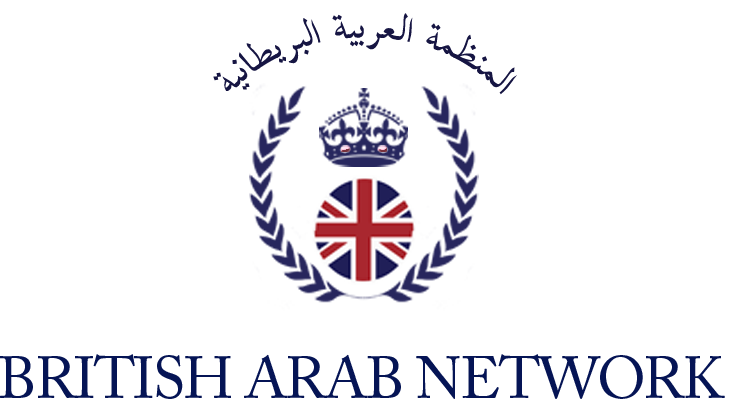British Arab Network Chairman attends Conservative’s Commonwealth dinner
21 Apr 2018, by - In the Media
This week, Dr. Wafik Moustafa, Chairman of the British Arab Network, attended the Conservative Party’s Commonwealth dinner at the Dorchester hotel in London, hosted by the Rt. Hon. Brandon Lewis, Chairman of the Conservative party. The dinner was held to celebrate the Commonwealth Heads of Government Summit, which was taking place in London. The event was attended by the Rt. Hon. Philip Hammond, Chancellor of the Exchequer, dignitaries, officials and civil society.
Dr. Moustafa said:
“The Commonwealth is an amazing organisation which cuts across all geography, religions, culture and climates. In a post Brexit Britain the need to foster international co-operation and trade with the Commonwealth will be greater than ever. A more secure and prosperous commonwealth is in every country’s interest. I would like to pay tribute to Her Majesty the Queen, the Head of the Commonwealth, for her steadfastness, dedication and leadership”.
About the Commonwealth
www.royal.uk/commonwealth
From Australia to Antigua, Canada to Cameroon, the Commonwealth is a remarkable international organisation, spanning every geographical region, religion and culture. It exists to foster international co-operation and trade links between people all over the world.
After 60 years of its existence, the Commonwealth is a remarkable organisation which remains a major force for change in the world today.
The Commonwealth is a voluntary association of 53 independent countries, almost all of which were formerly under British rule.
The origins of the Commonwealth come from Britain’s former Empire. Many of the members of the Commonwealth were territories which had historically come under British rule at various times by settlement, conquest or cession. The administration of such colonies evolved in different ways, to reflect the different circumstances of each territory.
After achieving independence, India was the first of a number of countries which decided that, although they wished to become republics, they still wanted to remain within the Commonwealth.
Prince Charles to be next Commonwealth Head
www.bbc.co.uk/news/uk-43840710 20 April 2018
The Prince of Wales will succeed the Queen as head of the Commonwealth, its leaders have announced.
The Queen had said it was her “sincere wish” that Prince Charles would follow her in the role.
Leaders of the Commonwealth have been discussing the issue at a meeting behind closed doors at Windsor Castle.
The head role is non-hereditary so is not automatically passed on when the Queen dies, with suggestions it might have rotated among the 53 leaders.
‘Proud Support’
In a statement, the leaders said they “recognise the role of the Queen in championing the Commonwealth and its people”.
Prime Minister Theresa May and Canadian PM Justin Trudeau had earlier given their backing to Prince Charles.
Speaking at a news conference marking the end of the summit, Mrs May praised the Queen for her “vision and duty” in growing the Commonwealth from eight members to 53.
She said it was “fitting” Prince Charles would succeed her due to his “proud support” of the Commonwealth “for more than four decades”.
The leaders also agreed a “blue charter” to protect the ocean from pollution and climate change and a “cyber declaration” to combat online crime and threats.
The meeting during a two-day summit involved 46 heads of Commonwealth governments and foreign ministers from the remaining seven countries.
The Commonwealth represents about 2.4bn people, but critics say the organisation is so disparate that it struggles to know what it is for, BBC royal correspondent Jonny Dymond said.
He also said the news of the prince’s appointment would be “of great satisfaction” to the Queen.
Other issues under discussion in London have included trade between the countries with Mrs May saying the leaders agreed to “fight protectionism” to expand intra-Commonwealth trade to $2 trillion by 2030.
The leaders’ statement said they had set “specific commitments” which include building peace, promoting gender equality and tackling climate change.
They also said they will work to prevent violent extremism and human trafficking, pledged to halve malaria in Commonwealth countries by 2023 and agreed that all boys and girls should receive at least 12 years of education by 2030.

